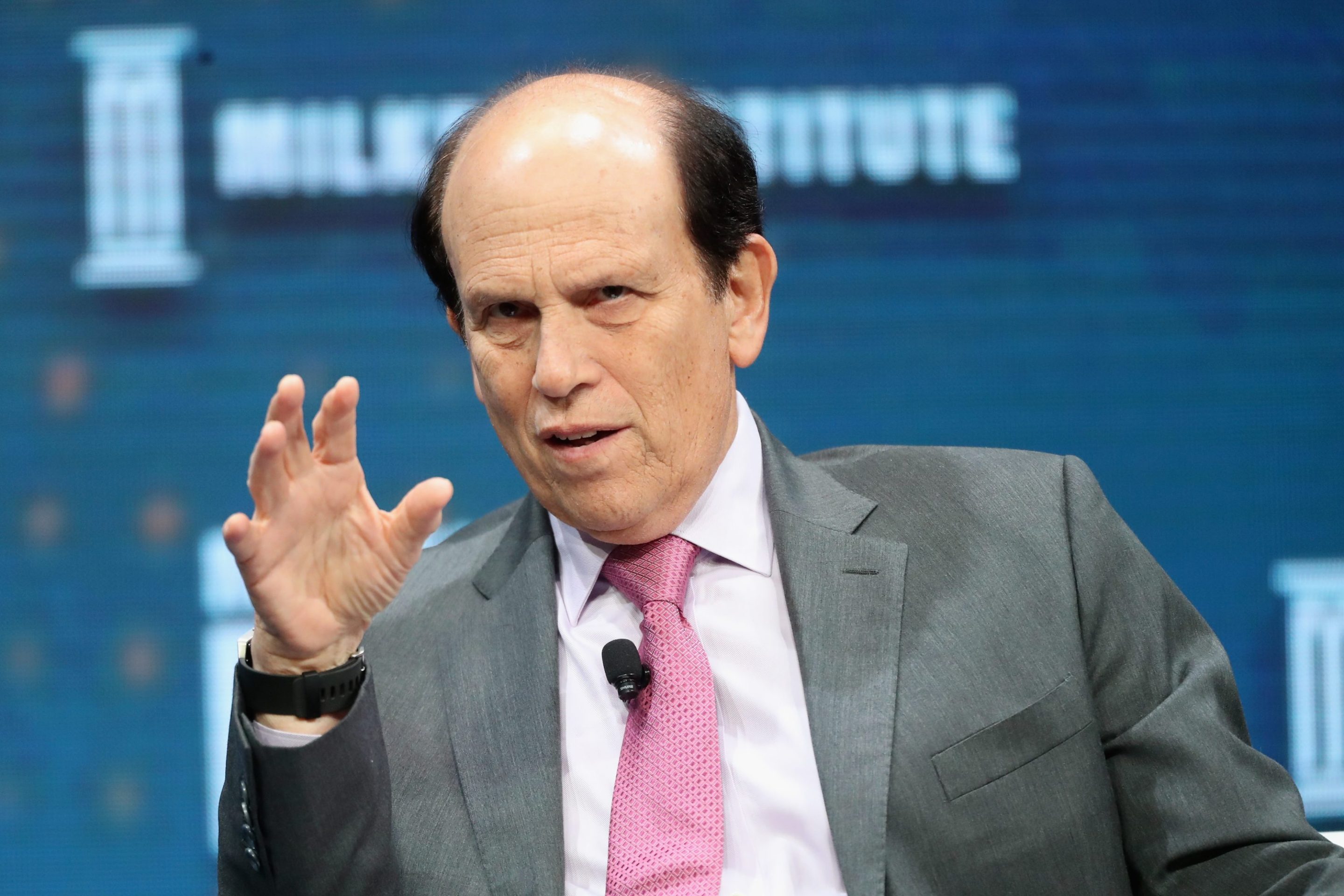It is by now a bleak truism that anyone actually looking to understand American public life would be better off reading the business press than the political press. This is not because a news story in an outlet like the Financial Times is somehow less beholden to its own biases—the word "business" is right there in "business press," and the word "financial" is right there in Financial Times—but because of what stories like that are trying to do, which broadly speaking is to tell investor types what is actually happening, so that they can make informed decisions in response. It's not always or even often especially sophisticated, but also consider the competition.
It is not great! Entertainment and sports are generally treated as if they were politics, which means consumer preferences end up loaded down with a strange, fake agency; actual politics, for its part, is mostly covered like sports and sometimes like an unusually degrading type of entertainment, and always only as a thing that can be cheered or booed but mostly watched and complained about. This all winds up being somehow even more deranging than it sounds. The news discourse is, for the most part, a hideous and unholy thing leering and crabwalking around, its arms and legs on entirely backwards, and periodically hissing things like "Jamie Dimon wants all the smoke, and we're here for it" or "Nancy Pelosi's clapback at the unhoused is everything."
That is all an accurate reflection of a perverse and stymied cultural moment, in that sense, but it's also useless, or anyway much better at telling you what kind of strange lies various lonely or self-interested confused people believe or want to believe and how those beliefs might impact the reelection campaigns of variously cynical 74-year-old members of Congress, than it is at telling you what is actually going on and what those goings-on might mean. If only because it knows enough to stay out of the nation's seething diners and cares enough to describe cause and effect, the business press avoids all that.
The problem, if you are an idiot like me who helplessly seeks out and reads things that help me get and remain upset, is that the business press mostly writes about business things. To be fair, there is no shortage of upsetting stuff in that arena, including some very promising new buying opportunities in the Dadaist Financial Nonsense and Greasy Techno Hucksterism spaces. But in its linearity and patient unpacking of material cause and downstream effect, business writing can also seem insufficient when it comes to describing a time in which the relationship between those two things frequently seems to have come uncoupled, and sometimes not exist at all. For all the ways in which bad political and cultural coverage reliably falls short in terms of passing on useful or usable knowledge, it is at least also as confusing and overheated and conflicted and multiply incoherent as the moment it describes.
This might just be a matter of differentiating between the lyrics and the music, but when all these discordances come together and you get the clean descriptiveness of good business writing and the blinding raw perversity of everything else, the effect is remarkable. This story from the Financial Times about the return of the Milken Institute Global Conference is one such story. In a sense, it is just what it sounds like, which is a story about an annual celebration of rich-people things, rich-people ideas, and the panel-conversation format hosted by former junk bond grandee and convicted (and, in 2020, Trump-pardoned) financial fraud Michael Milken.
There's some color that identifies it as happening in 2021—the money managers and finance lordlings wearing black KN95 masks; the culture's reigning teacher's pet Bari Weiss telling a rapt audience of the richest and most powerful Deal Guys in America how oppressed, actually, they are—but nothing that suggests that reporters Sujeet Indap, Miles Kruppa, and James Fontanella-Khan are really putting their thumbs on the scale. Which is not to say that every sentence of the story is not unspeakably, howlingly demented, because every sentence absolutely is. The intensely deranging effect of reading it just happens not to arrive through the familiar postulation and projection and scrupulous/fatuous framing of political reporting, but entirely through a faithful recounting of what happened when a bunch of extremely rich people got together for the weekend at the Beverly Hilton to talk about the state of the world and how best to extract ever more wealth from it.
That these rich guys complain about lèse-majesté from everyone else is unsurprising; the involvement of Weiss, the moment's premier chronicler of the things that make dull rich people upset, was inevitable. But all of it is pretty clearly what it is, and the blustering, oblivious, self-delighted particulars are perverse enough to stand on their own. If you do not have time to read the whole thing, or to try to wriggle around FT's paywall, I have selected my seven favorite sentences from the story and ranked them below.
7. “'It’s gotten harder to steal stuff,' lamented on stage Howard Marks, the Oaktree Capital founder who at Citigroup in the late 1970s had been one of the first buyers of Milken’s revolutionary debt."
6. "Actor Uma Thurman hosted a talk on the benefits of psychedelics while former heavyweight boxing champion Wladimir Klitschko was spotted milling about."
5. "Leon Black, the former Drexel merger banker turned private equity kingpin, showed up months after he resigned as head of Apollo Global Management following the exposure of his financial ties to paedophile Jeffrey Epstein."
4. "Two different prominent fund managers who had left New York and California explained their flight to lower tax states was not purely financial but also related to the 'rhetoric' in Sacramento and Albany that made their professional success feel unappreciated."
3. "Black and his wife Debra attended a distressed debt discussion where their son Ben explained how his own investment fund was playing the Spac craze."
2. "Her interviewer, the conservative political pollster, Frank Luntz, implored Weiss to throw her hat in the ring for the open US Senate seat in Weiss’ home state of Pennsylvania, an idea that was greeted with a burst of applause, marking the rare Milken conference talk where those in the audience were not fiddling with their phones."
1. "At one point Weiss compared her professional travails to the life of Galileo Galilei, the Italian scientist who was forced to renounce his views on heliocentrism to avoid being burnt at the stake."
Terrific stuff! More than that, it's a nice reminder that there's no cruel thing to write about the people in charge of everything that could be more damning than just describing what they say and do.





